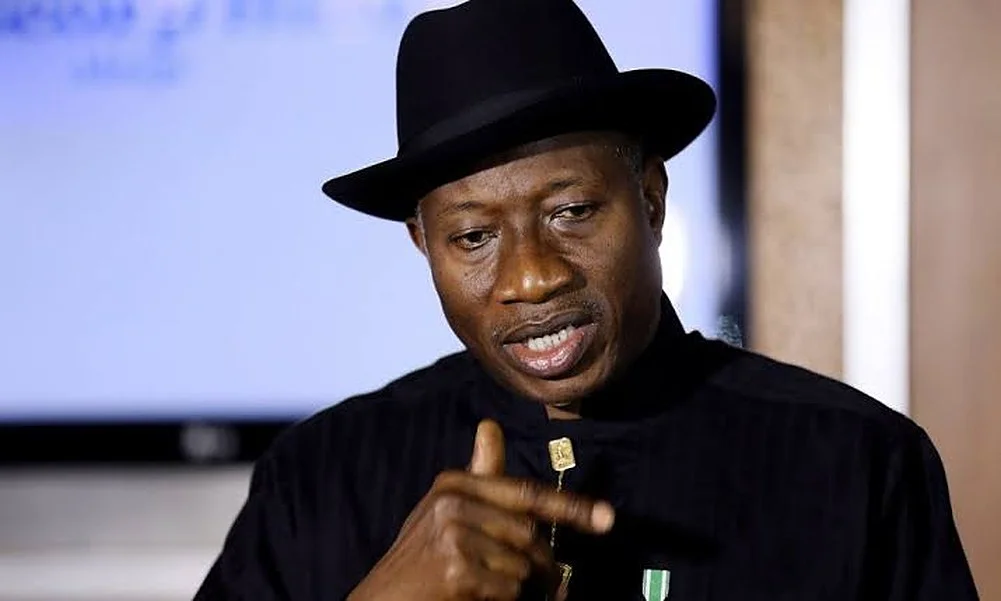
Former President Goodluck Jonathan has denied suggesting any link between the late President Muhammadu Buhari and Boko Haram, stressing that his recent comments were misrepresented by media reports.
A statement released on Saturday by Jonathan’s spokesperson, Ikechukwu Eze, clarified remarks the former president made during the launch of Scars: Nigeria’s Journey and the Boko Haram Conundrum, a book by retired General Lucky Irabor, former Chief of Defence Staff.
The event in Abuja sparked controversy after Friday’s media coverage interpreted Jonathan’s comments as an accusation.
“At no time did Dr Jonathan suggest, imply, or insinuate that President Buhari had any connection with Boko Haram or that he supported the group in any form,” Eze said.
The spokesperson emphasized that Jonathan’s intention was to illustrate the manipulative strategies employed by Boko Haram, not to accuse any individual.
Jonathan recounted how Boko Haram insurgents had once nominated Buhari as a potential mediator in dialogue talks with the federal government. According to his office, these tactics involved falsely invoking prominent Nigerians’ names to create confusion and exploit political divisions.
“Dr Jonathan’s remarks, made in the course of a broader discussion on Nigeria’s security challenges, were meant to illustrate the deviousness and manipulative strategies employed by Boko Haram in their early years,” the statement added.
The former president also questioned Boko Haram’s credibility, noting that if they genuinely wanted Buhari as negotiator, their insurgency would not have continued after he assumed office in 2015.
The clarification followed earlier pushback from Garba Shehu, spokesperson for Buhari, who described Jonathan’s Friday remarks as false and politically motivated. Jonathan’s office reaffirmed that Buhari, like all patriotic Nigerians, stood firmly against terrorism and was himself a target of Boko Haram attacks.
The book launch discussions reflected on Nigeria’s prolonged struggle against Boko Haram, which has claimed tens of thousands of lives since 2009. Jonathan, who served as president from 2010 to 2015, acknowledged the lasting impact of the 2014 Chibok schoolgirl abductions as a defining scar of his tenure.
“His comments were therefore an illustration of the group’s duplicity, not an accusation against the late former president or any individual,” Eze concluded, urging Nigerians to disregard misinterpretations and reaffirming Jonathan’s commitment to peace, unity, and democratic values.
The incident highlights the sensitivities surrounding Nigeria’s ongoing security challenges and the politically charged debate over how successive administrations have addressed Boko Haram and other insurgencies.



